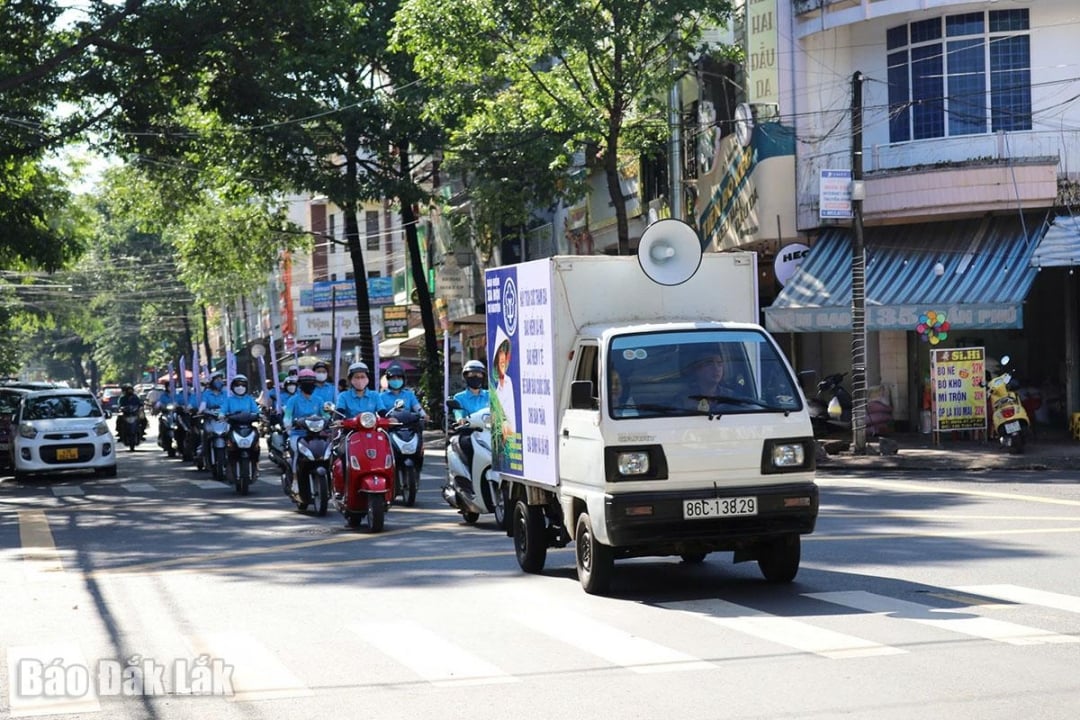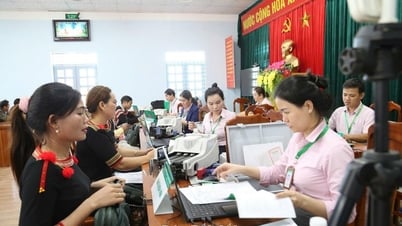The Law on Social Insurance (SI) 2024 has 11 chapters, 141 articles with many new points. Specifically, according to the provisions of the SI Law 2014 (effective until June 30, 2025), the owner of a sole proprietorship is not subject to compulsory SI participation; if there is a need, he/she can participate in voluntary SI. However, from July 1, 2025, according to the provisions of Clause 1, Article 2 of the SI Law 2024, the owner of a business household registered for business in accordance with the Government 's regulations is subject to compulsory SI participation.
Subjects subject to compulsory social insurance are enterprise managers, controllers, representatives of state capital, representatives of enterprise capital at the company and parent company as prescribed by the Law on Enterprises; members of the board of directors, general directors, directors, members of the board of supervisors or controllers and other elected management positions of cooperatives and cooperative unions as prescribed by the Law on Cooperatives who do not receive salaries.
Social Insurance officers of Buon Ho town disseminate the Social Insurance Law 2024 to business households in the town. |
In case the employee (EM) works part-time, has a monthly salary equal to or higher than the lowest salary used as the basis for compulsory social insurance; the employee and the employer agree on a different name but with content showing the paid work, salary and management, operation and supervision of one party are also subject to compulsory social insurance participation.
For non-professional workers at the commune level, although they are subject to compulsory social insurance under the 2014 Social Insurance Law, they are only limited to retirement and death benefits. From July 1, 2025, this group will be expanded to enjoy full social insurance benefits (including sickness, maternity, and work-related accidents). However, according to Official Dispatch 03/CV-BCĐ dated April 15, 2025 of the Steering Committee for the arrangement of administrative units at all levels and the construction of a two-level local government organization model, it is expected that the current use of non-professional workers at the commune level will end from August 1, 2025. At that time, local authorities will consider, arrange, and assign non-professional workers at the commune level to meet the requirements of the tasks to participate in work in villages and residential groups and implement regimes and policies for cases where work is not arranged according to regulations.
Notably, the law stipulates that the National Assembly Standing Committee will decide on compulsory social insurance participation for other subjects who have stable and regular jobs and incomes based on the Government's proposal in accordance with the economic and social development conditions of each period. These subjects can be technology car drivers, people working in new economic models, etc.
Provincial Social Insurance officers conduct mobile propaganda and mobilize people to participate in social insurance and health insurance in Buon Ma Thuot City. |
In addition, the 2024 Social Insurance Law stipulates that the salary used as the basis for social insurance contributions includes salary, salary allowances and other supplements. In which, other supplements are understood to be those agreed upon in the labor contract and paid regularly and stably in each salary payment period.
Specifically, the salary used as the basis for compulsory social insurance does not include other benefits and welfare such as innovation bonuses; mid-shift meal allowances; allowances for gasoline, telephone, travel, housing, childcare, and childcare. Allowances for employees whose relatives die, employees whose relatives get married, employees' birthdays, subsidies for employees facing difficult circumstances due to work-related accidents or occupational diseases, and other allowances and subsidies recorded as separate items in the labor contract according to the provisions of the labor law are also not subject to social insurance.
Regarding the contribution rate, the 2024 Social Insurance Law stipulates that the total contribution rate to the Social Insurance Fund in 2025 is 32%, equal to the rate of current regulations. Employees contribute 10.5% of their monthly salary as the basis for social insurance contributions, including 8% to the pension and death benefit fund, 1% to the unemployment insurance fund and 1.5% to the health insurance fund. Employers contribute 21.5% of their monthly salary to the Social Insurance Fund, including 14% for retirement benefits, 3% for sickness and maternity benefits, 0.5% for work-related accidents and occupational diseases, 3% for health insurance and 1% for unemployment insurance.
It can be said that participating in social insurance is a good solution, especially for those with low incomes, small and unstable businesses. With the expansion of the subjects participating in compulsory social insurance, it is expected that millions more participants will have the opportunity to receive monthly pensions and other benefits according to regulations.
Source: https://baodaklak.vn/xa-hoi/202506/mo-rong-doi-tuong-tham-gia-bao-hiem-xa-hoi-bat-buoc-them-co-hoi-cho-nhieu-nguoi-duoc-huong-luong-huu-de0183f/

































































































Comment (0)